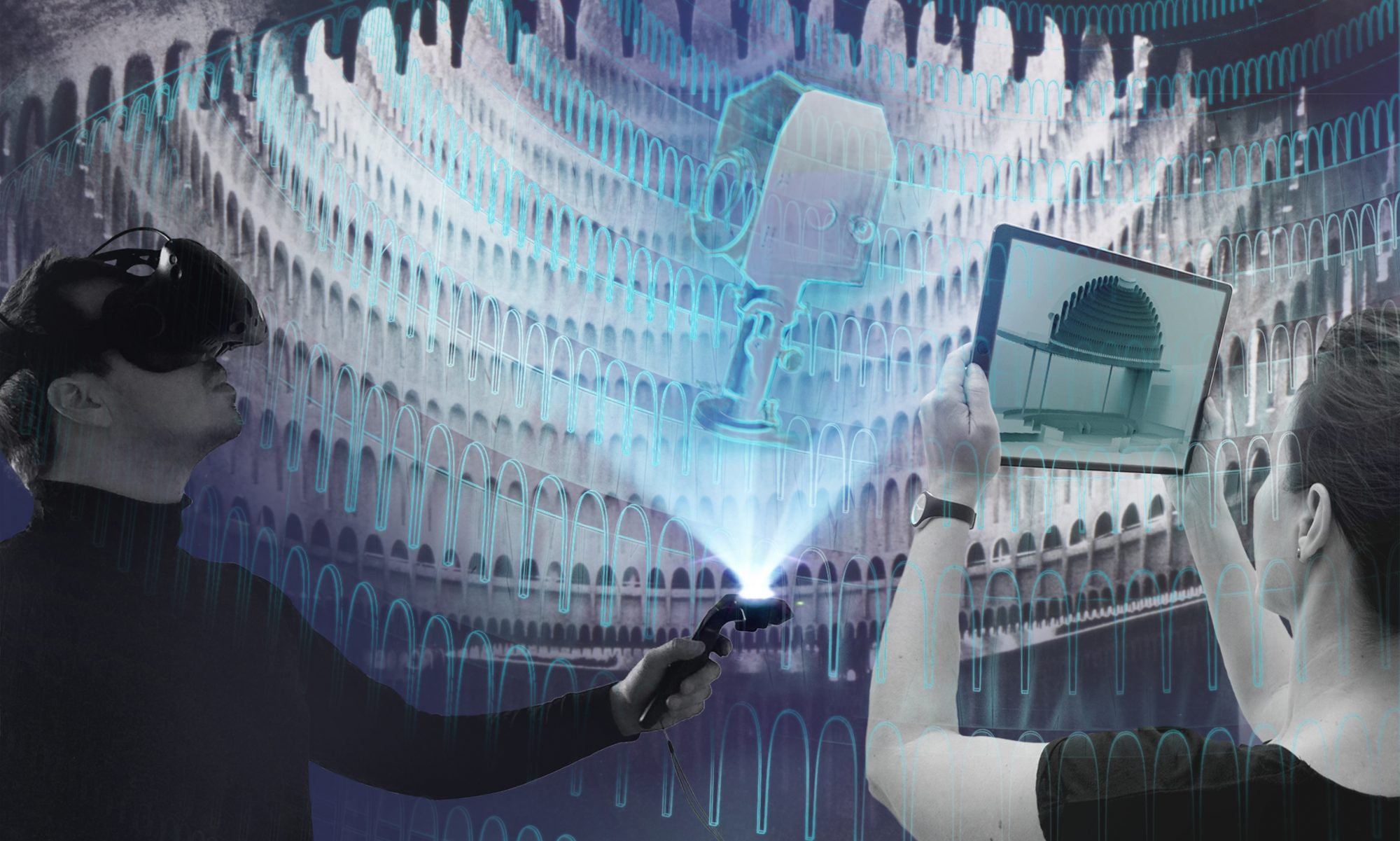The current situation shows how important digital teaching and learning formats currently are and will be in the future at universities, but also in training and learning situations in the theater and event sector. In cooperation with teachers and learners of the Theater and Event Technology and Management course at the Berlin University of Applied Sciences, we have developed prototypical new teaching and learning tools in virtual reality. In a practice- and project-oriented approach, we developed and tested specific scenarios and tried out new ways of learning. The result is a series of digital, interactive training units.
Individual articles on the developed prototypes
https://digital.dthg.de/en/projects/virtual-training-tools/
Open source code on Github
https://github.com/digitaldthg/BHT-VR-Prototypes
Link to the project
https://digital.dthg.de/en/projects/virtual-training-tools/
WHAT HAPPENS NEXT?
Training institutions, like large theatres, move only slowly. The digital competences needed now and in the future must therefore be urgently anchored in the curriculum of training institutions and universities. Above all, this includes a critical and value-based approach to digitality. Here, new competences are clearly needed in all disciplines, if not completely new job profiles, for example virtual scenography, digital event technology and hybrid real stage work.
The DTHG has already processed some research results for a sustainable further training offer for the theatre landscape and offers online impulses and workshops. Within the framework of the EU programme „PACT FOR SKILLS“ the prototypes are currently being tested and further developed with international further developed.
At the Berlin University of Applied Sciences, two of the prototypes developed are currently being further developed within the framework of the funded project „Interactive Teaching in Virtual MINT Laboratories“. The project, which is funded by the „Innovation in University Teaching“ foundation, started on 1 August 2021. In order to enable students to use their skills in applied, scientific work and carry out experiments despite limited access to laboratories, so-called virtual laboratories were created at the BHT.
Here, students have the opportunity to carry out experiments virtually and step by step before they will then practise them in reality. This has the advantage that material costs are reduced and fewer errors occur. In addition, students can repeat experiments as often as they like, which in turn results in a high learning effect. Additional AR and VR options for gesture and voice recognition offer realistic interactions. The innovative idea of the project is to consistently link the possibilities of virtual laboratories with digital teaching/learning concepts and to carry them into the breadth of the university.


